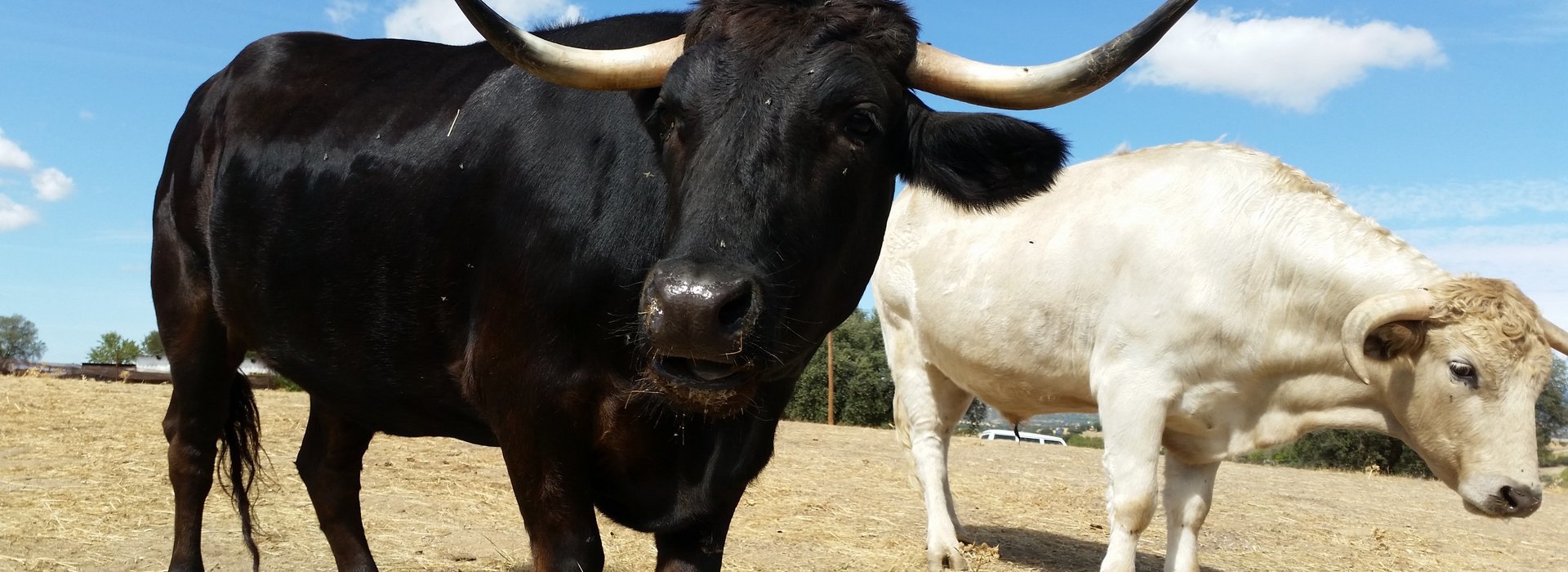Colombia bans bullfighting
29-05-2024A bill banning bullfighting has been approved in Colombia. 93 congressmen voted in favour of the ban on bullfighting and two against. The bill, which states that bullfighting must be eliminated within three years, has been sent to President Gustavo Petro for final approval. The ban will take effect in 2027, three years after it was signed. It will make the centuries old cultural tradition illegal.

Colombia bans bullfighting | Photo: CAS/AnimaNaturalis
If the law is signed by Petro, a three-year transition period will follow to help families dependent on the sport find new sources of income. Bullfighting arenas will be converted into venues for concerts, plays, chess championships and business events.
Victory over ban
Petro had promised during his campaign days to put an end to animal cruelty shows, as he did in Bogotá when he was mayor (2012-2015). After coming to power in September 2022, he spoke out against bullfighting several times. Petro, Colombia’s first left-wing president, celebrated the victory over X by writing:
“Congratulations to those who have succeeded in ensuring that death will no longer be a show.”
#NoticiasDelCambio | Felicitaciones a quienes por fin lograron que la muerte no sea un espectáculo, dice Presidente @petrogustavo sobre prohibición de corridas de toros en Colombia. ⬇️https://t.co/JXfHxNbsNa
— Presidencia Colombia 🇨🇴 (@infopresidencia) May 29, 2024
Other countries in South America where bullfighting is already banned are Brazil and Argentina. In Colombia, bullfighting has taken place since Spain colonised the country. Colombia is one of eight countries where bullfighting is still practised. After the bill is signed into law, there will be seven countries left where these cruel fights still take place. They are France, Portugal, Mexico, Ecuador, Peru, Spain and Venezuela. In these countries, the sport still attracts audiences, but there is also growing opposition to animal suffering.
Historic moment
Supporters of bullfighting call it a form of ‘art’. It is also an important source of income for bull breeders and street vendors. Opponents consider the sport bloody and barbaric, as the animals die a slow and painful death. Director of CAS, Maite van Gerwen said:
“This is a historic moment! The end of bullfighting in Colombia finally does justice to the opinion of 85% of the Colombian population, who are in favour of a ban. No longer will bulls die a gruesome death for entertainment in the bullring. In all bullfighting countries, the majority of the population is against bullfighting and the issue is on the political agenda. Colombia may be the very reason for other governments to speak out bravely and go in favour of a ban on bullfighting.”

Members of the International Anti-Bullfighting Network in Bogotá, Colombia in 2013 | Photo: CAS International
Cultural transformation
Colombia has 66 breeding farms of fighting bulls, 10 of which supply the main bullfights in Colombia, Bogotá, Cali, Medellín and Manizales. There are currently some 150.000 fighting bulls in Colombia and between 120 and 150 bullfights per year. Bulls are also sold for bull festivals. Congressman Alejandro García called on bullfighting enthusiasts to help convert bullrings into cultural spaces. He said:
“We knew it wouldn’t be easy. But we never thought it would be so difficult. This bill has been rejected many times and is now about to become law. We are prioritising the welfare and protection of all animals. To the cities of Manizales and Cali, I say: this is an opportunity for these underused spaces to become places of culture, art and sport. To the world, we say that Colombia is in a process of cultural transformation in which all beings retain their dignity.”

Activists in Colombia against bullfighting | Photo: CAS International
Civilised society
Since 2017, five bills have been introduced to ban bullfighting in Colombia. Consideration of the first four bills was not completed due to deliberate prevention of processing. Juan Carlos Losada (Liberal Party) underlined that it was a 10-year struggle. He said:
“Colombia is a country that says there is no form of torture that can be considered culture in this world. Colombia is an example for the whole world because we are becoming an increasingly less violent and increasingly civilised society.”
Support us so we can continue our impactful campaigns! Become a sponsor or make a donation.
Read more:
Mexican agriculture ministry must impose sanctions against bullfights









